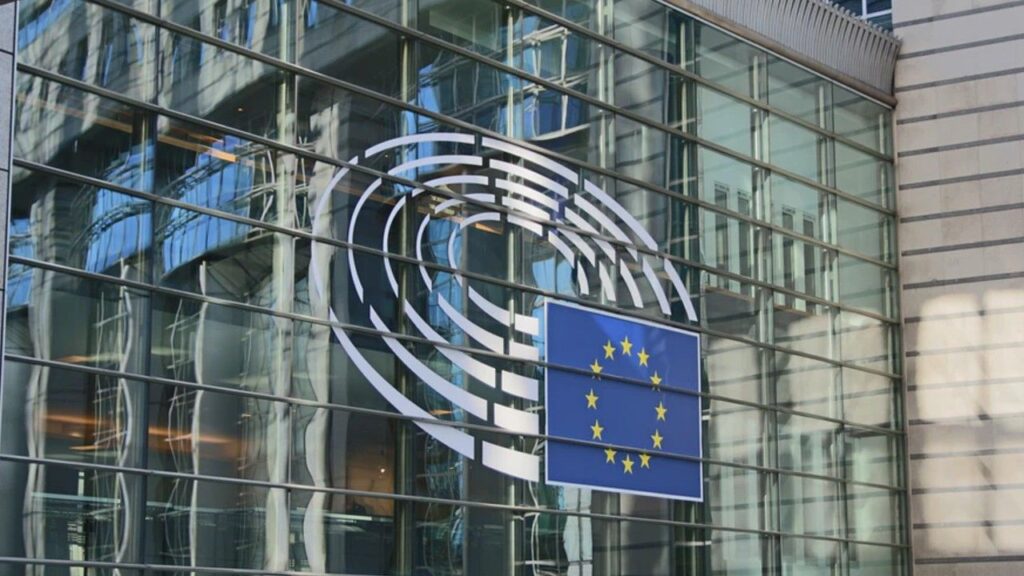- The EU Council has received a new Chat Control proposal with broad support
- CSAM scanning would now be optional, but with some exceptions
- Lawmakers met today (November 12) for further discussion
It’s official, a revised version of the CSAM scanning proposal is back on the table of EU lawmakers – and it’s keeping privacy experts worried.
The law enforcement group met again this morning (November 12) in the Council of the European Union to discuss what critics consider the Chat Control Bill.
This follows a meeting the group held on November 5 and comes as The Danish presidency presented a new compromise after withdrawing the mandatory chat scanning.
As reported by Netzpolitik, the latest proposal for the Child Sexual Abuse Regulation (CSAR) was met with broad support during the November 5 meeting, “with no dissenting votes” or the need for further changes.
The new text, which removes all provisions on detection obligations included in the bill and makes CSAM scanning voluntary, appears to be the winning way to finally find an agreement after more than three years of trying.
However, privacy experts and technologists are not entirely on board, as longtime Chat Control critic and digital rights lawyer Patrick Breyer considers the proposal “a political deception of the highest order.”
Chat control – what’s changing and what’s the risk
There is a catch though. Article 4 would include a possible “mitigative measure” that could be applied to high-risk services to require them to take “all appropriate risk mitigation measures.”
According to Breyer, such a loophole could render the removal of detection obligations “worthless” by nullifying their voluntary nature. He said: “Even client-side scanning (CSS) on our smartphones may soon become mandatory – the end of secure encryption.”
Breaking encryption, the technology that security software like the best VPNs, Signal and WhatsApp use to secure our private communications, has been the strongest argument against the proposal so far.
🚨 They’re bringing #ChatControl back 🚨Hummelgaard doesn’t understand that no means no. Discussion scheduled for tomorrow, so act now: #Privacy #SecuritySource: pic.twitter.com/6icBYHcwbZ11 November 2025
Breyer also warns that the new compromise goes further than the discarded proposal, moving from AI-powered surveillance targeting shared multimedia to scanning private chat texts and metadata as well.
“The public is being played for fools,” Breyer warns. “After loud public protests, several member states including Germany, the Netherlands, Poland and Austria said ‘No’ to Arbitrary Chat Control. Now it’s coming back through the back door.”
Breyer is far from the only one expressing concerns. The German-based encrypted email provider, Tuta, is also sounding the alarm.
“Hummelgaard does not understand that no means no,” writes the provider on X.
To understand the next steps, we now have to wait and see what the results from today’s meeting look like.
Follow TechRadar on Google News and add us as a preferred source to get our expert news, reviews and opinions in your feeds. Be sure to click the Follow button!



